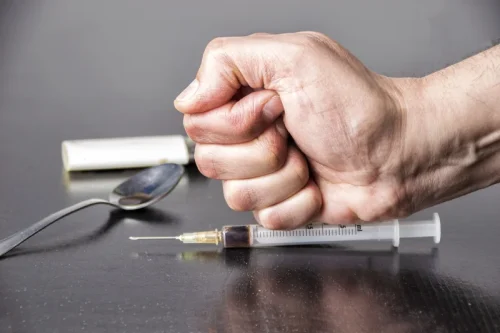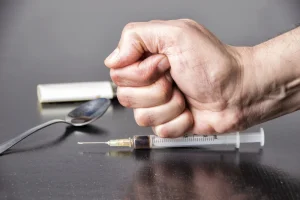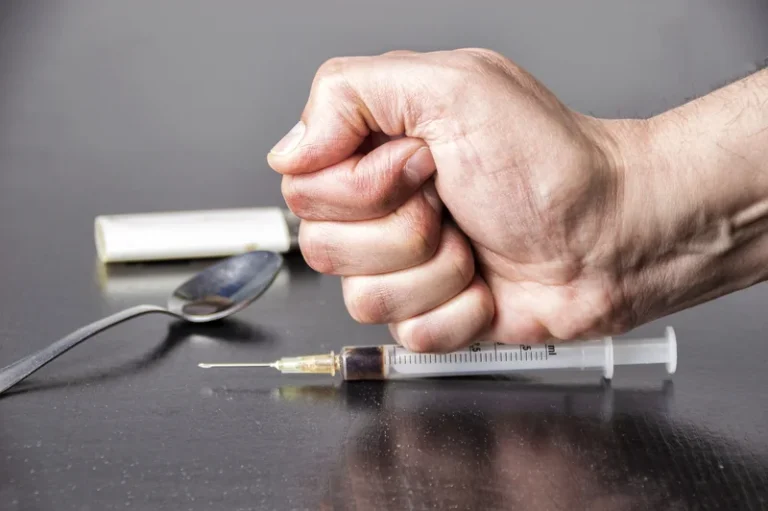
Practicing mindful eating can also complement a meditation practice by increasing awareness of the present moment and improving emotional regulation. Meditation can also be used in conjunction with medication-assisted treatment, which involves the use of medication to help manage withdrawal symptoms and cravings. Meditation can help patients manage stress and anxiety, which are common triggers for relapse.

Mindful Meditation
- Currently undergoing research investigates the effect of virtual reality cue-exposure in addition to an MBI in methamphetamine use disorder patients 104.
- Mindfulness meditation involves focusing on the present moment and accepting one’s thoughts and feelings without judgment.
- Mindfulness meditation entails directing attention to the present moment and perceiving thoughts and emotions without making judgments about them.
- The authors state that the MBI was as effective as TAU and more efficient than a manualized CBT intervention.
Altogether, the previous sections of this review show that different evidence-based mechanisms have been proposed to elucidate the pathways by which MBI and mindfulness conceptually impact the course of addictive disorders and abstinence. Maynard et al. 25 examined the efficacy of MBIs in the treatment of gambling disorder and included seven studies in their meta-analysis. Moderate to large effect sizes of the interventions on clinical outcome measures indicate MBIs to be effective for gambling disorder patients. Although MBIs are generally considered effective and safe in the treatment https://ecosoberhouse.com/ of behavioral addictions, only a small number of clinical trials have investigated them in this context 26.
What are the signs of alcohol addiction?
- A study comparing patients with common medical disorders to those with mental health conditions found significant differences in HRQOL between the 2 groups.
- Regular meditation practice helps individuals develop the mental and emotional resilience needed to overcome addictive behaviors and maintain long-term sobriety.
- Given that Tai Chi and Qigong are nonpharmacologic and noninvasive treatments, recommending these exercises to patients with mental disorders generally seems an appropriate option for clinicians, particularly for conditions that have been studied in RCTs.
- In guided meditation, you will work with a trained meditation or mental health professional.
- Two meta-analyses, however, concluded that MBIs are not of superior efficacy as already implemented treatment approaches 12, 24.
Individuals with mental health conditions had significantly greater impairment of HRQOL.39 The ability of Tai Chi and Qigong to improve HRQOL31,40,41 is an important consideration for treating patients with mental disorders. Although there is no evidence that Tai Chi and Qigong may be effective for a particular condition, they may still provide some benefit by improving HRQOL. Meditation is a powerful yet simple technique with many health benefits, including reduced stress and anxiety. Due to the impactful effects, many people are turning to meditation for addiction recovery support. Polysubstance users that received an MBI next to TAU exhibited improved working memory abilities as well as goal-directed control and increased reflected decision-making, in comparison to a control group 75. In prescription opioid users with chronic pain conditions, treatment with MORE led to decreased errors of commission in an emotional Go/NoGo task when faced with pain-related distractors.
Additional information
In cases of withdrawal-related symptoms such as anxiety, insomnia, or depression, meditation can help ground you in the present moment, calm your nervous system, boost your mood, and improve your ability to sleep and manage pain. People in recovery must receive therapies that help them address the physical, behavioral, and addiction meditation kundalini emotional aspects of substance abuse. It provides a comprehensive long-term treatment that includes psychotherapy (therapist-led, in group and individual formats), case and medical management. In addiction recovery, mindful eating can be an instrumental component for individuals to establish a more positive connection with their bodies and food.
Methods of the included published studies (Table 3 – Table
Rehab insurance is a type of health insurance that covers the cost of addiction treatment, including inpatient and outpatient rehab programs, counseling sessions, and medication-assisted treatment. Most insurance providers offer some form of rehab insurance, either as part of their standard coverage or as an add-on policy. Archstone Behavioral Health Addiction Treatment Center is dedicated to providing comprehensive and effective residential treatment for individuals seeking recovery from addiction. We recognize the profound significance of residential treatment in the journey toward long-term sobriety and overall well-being.

For example, they are often used as complementary therapies alongside other treatments such as cognitive-behavioral therapy (CBT) and medication-assisted treatment (MAT), and they can also be used as standalone treatments for addiction. Meditation and other mindfulness approaches have proven effective at treating drug and alcohol addiction and at reducing the consumption of alcohol, cocaine, and amphetamines. Meditation helps people relieve stress and cope with triggers that might lead to relapse and delving into drug and alcohol use again. Meditation also helps increase self-awareness and gives people the ability to identify and address how they are feeling at any given moment. Other sources specify that mindfulness meditation can dramatically reduce stress levels because it teaches individuals to master their emotions; being less reactive to environmental factors and unplanned circumstances. Neuroimaging also suggests that reduced stress reactivity might underlie some aspects of the efficacy of MBIs in addictive disorders.

Emotional Regulation
Meditation has been further shown to be a useful treatment for reducing substance misuse and cravings by altering the self-regulation and reward centres of the mind. Many behavioral health rehabilitation facilities, such as Eagle Creek in Nampa and Boise, Idaho, include meditation and mindfulness techniques as a part of our therapy services. Morgan is a mental health counselor who works alongside individuals of all backgrounds struggling with eating disorders. Morgan is freelance mental health and creative writer who regularly contributes to publications including, Psychology Today. Meditation may help individuals increase their patience levels and cognitive control, improving the effects of medication to manage their symptoms and facilitating their recovery treatment.


Some of these treatments include inpatient rehab, outpatient addiction treatment programs, and continued aftercare treatment. There are many psychotherapies that incorporate meditation and mindfulness into the therapeutic process. what is alcoholism That said, meditation should be part of a comprehensive treatment plan and not the only means of treatment. Many of these therapies actually include mindfulness (a form of meditation) as part of their therapy process or treatment plan. For example, meditation can aid in cognitive-behavioral therapy (CBT) by reinforcing the focus on one’s behavior. Other benefits of meditation therapy include altering brainwaves, which contribute to improved psychological function and reduced cortisol, the body’s stress hormone.
Preventing relapse
To overcome these challenges, it can be helpful to start with guided meditations or group meditation sessions. Finding a suitable time and duration for meditation is important to establish a consistent mindfulness practice. Initiate with a brief session, like five or ten minutes, and then progressively extend the duration as you become more acclimated to the activity. It is also important to find a time when you can meditate consistently, whether it is in the morning, afternoon, or evening. Drug use alters the brain’s normal function, leading to changes in the brain’s reward system, memory, learning, and other cognitive processes. When a person uses drugs, it activates the brain’s reward centers and releases neurotransmitters such as dopamine, which reinforces drug use and motivates the individual to continue using drugs.


